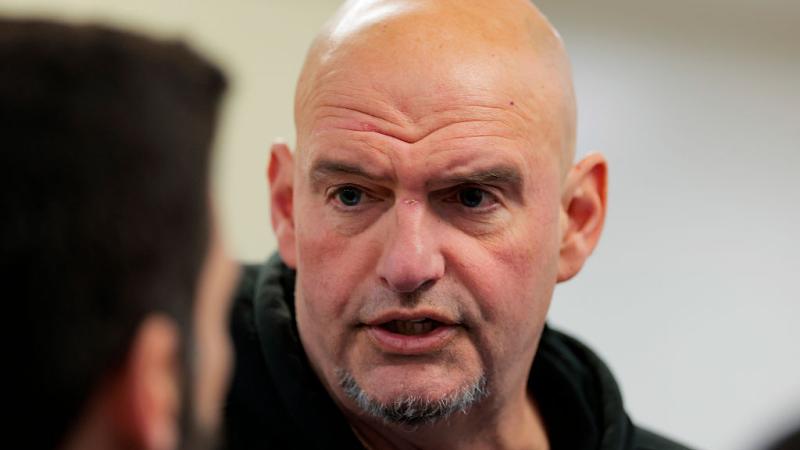Iowa GOP Gov. Reynolds signs bill capping damages for medical malpractice
"It is an important day for health care access in our state," Reynolds said.
Gov. Kim Reynolds signed a bill Thursday that limits the noneconomic damages that juries can award a plaintiffs in their cases against health-care providers.
"It is an important day for health care access in our state," Reynolds said.
Effective immediately, juries cannot assess over $250,000 for noneconomic damages for personal injury or death. However, there are exceptions including the jury determining there is substantial or permanent loss or impairment of a bodily function, substantial disfigurement, loss of pregnancy, or death.
In those cases, juries can assess up to $1 million, or up to $2 million if the civil action includes a hospital.
Reynolds said the high settlements were "widely known as biggest barrier to getting physicians to practice in our state."
If the claim is against a licensed doctor, surgeon, dentist, optometrist, pharmacist, chiropractor, physician assistant or nurse or a licensed hospital and if the jury decides that health care provider’s conduct targeted the claimant, the claimant receives the full amount of the damages.
If it wasn’t targeted at the claimant and if the claim isn’t against an individual of any of those health care provider roles, then the claimant can receive up to 25% of the damages. The rest would go to a civil reparations trust fund that the executive council will disburse for indigent civil litigation or insurance assistance programs.
Loss of dependent care due to the death of or severe injury to a spouse or parent who’s the primary caretaker of a child or disabled adult is considered economic damages.
A Department of Health and Human Services task force will review medical error rates of licensed physicians and advise legislators on how to reduce the rates, improve education and training and determine whether applicable penalties for these errors are sufficient.
Supporters of the bill included Iowa Chamber Alliance, several medical associations and Faith & Freedom Coalition. Those who lobbied against the bill included AFSCME Iowa Council 61, Iowa Federation of Labor, AFL-CIO, Iowa Academy of Trial Lawyers, Iowa Association for Justice and Iowa State Bar Association.















